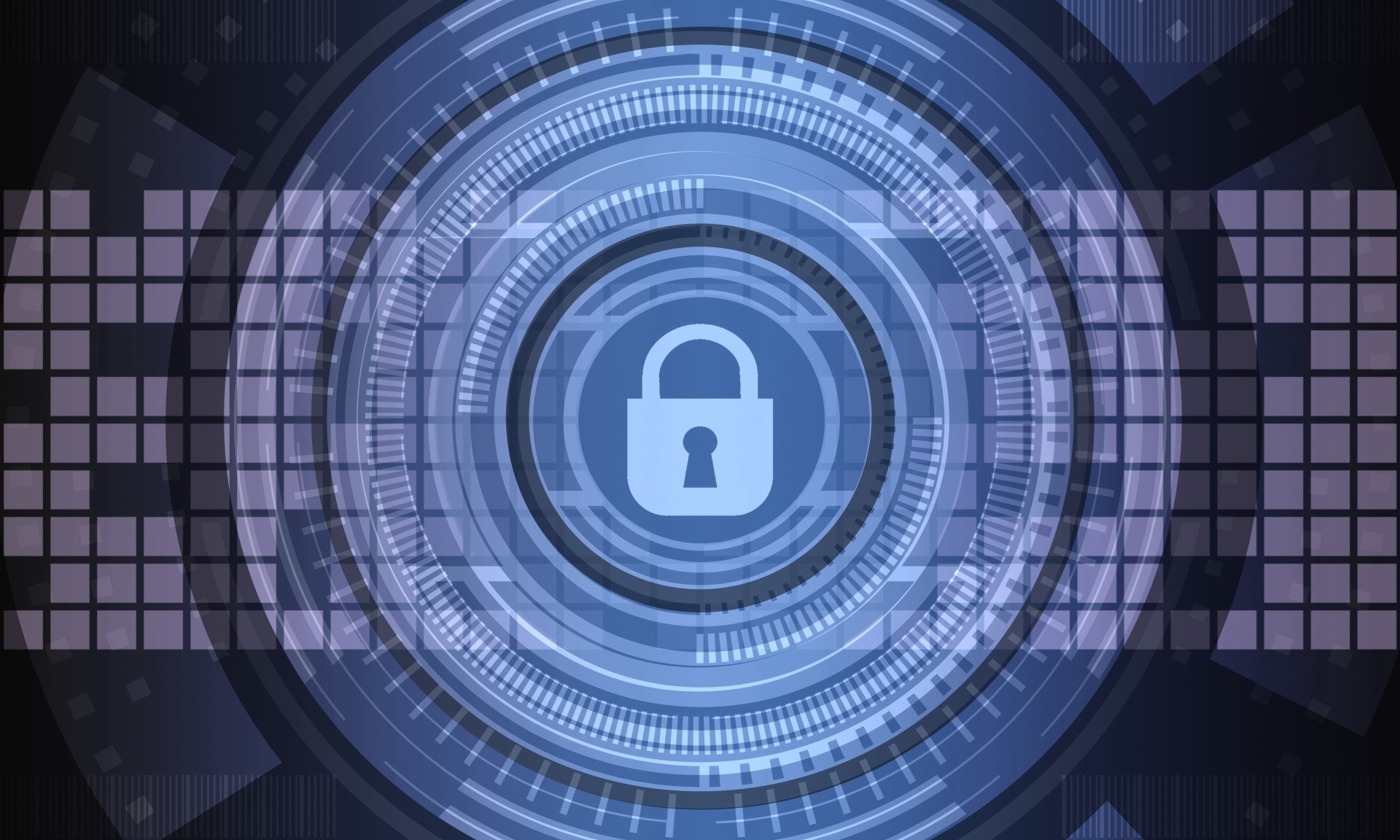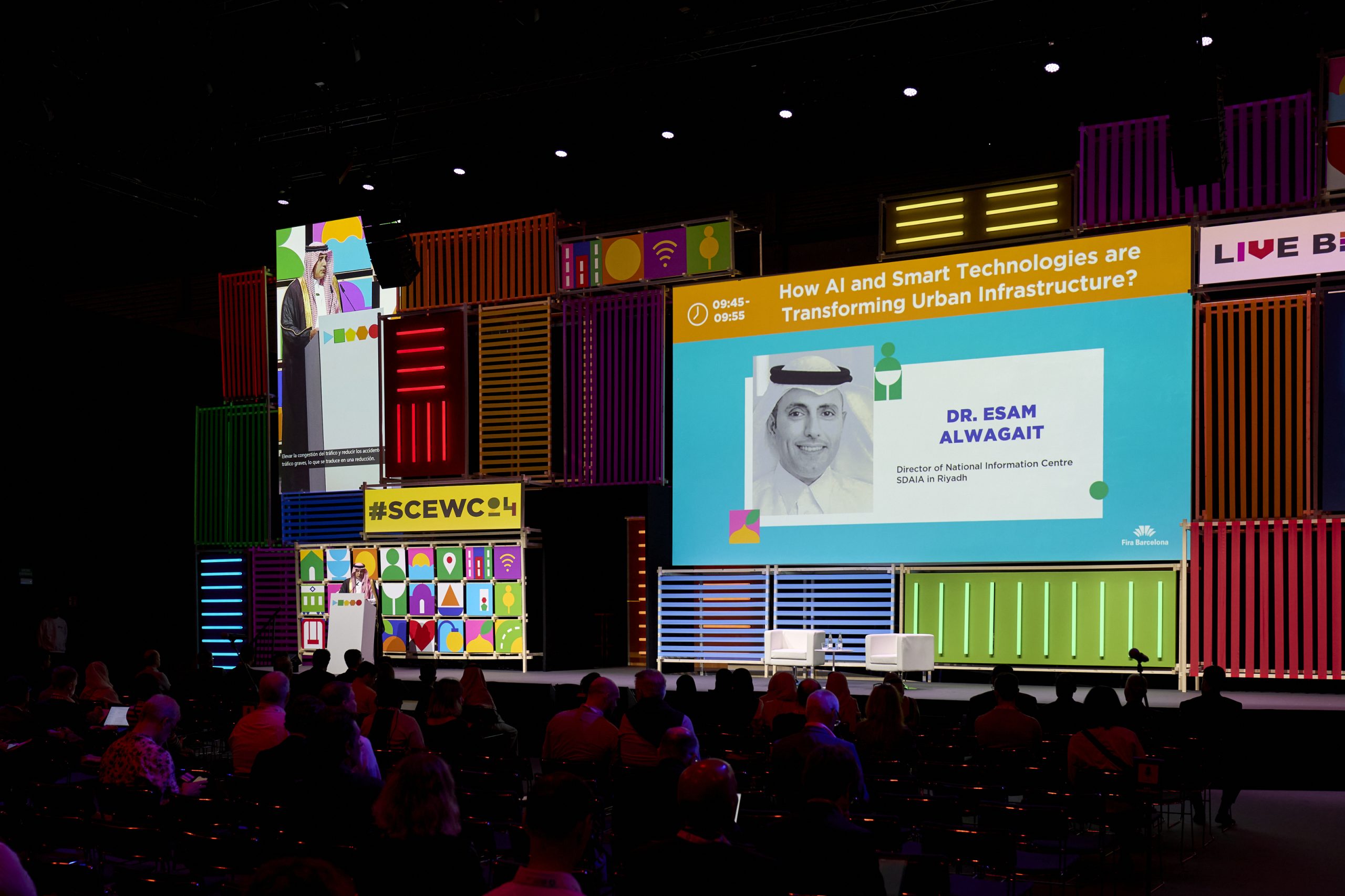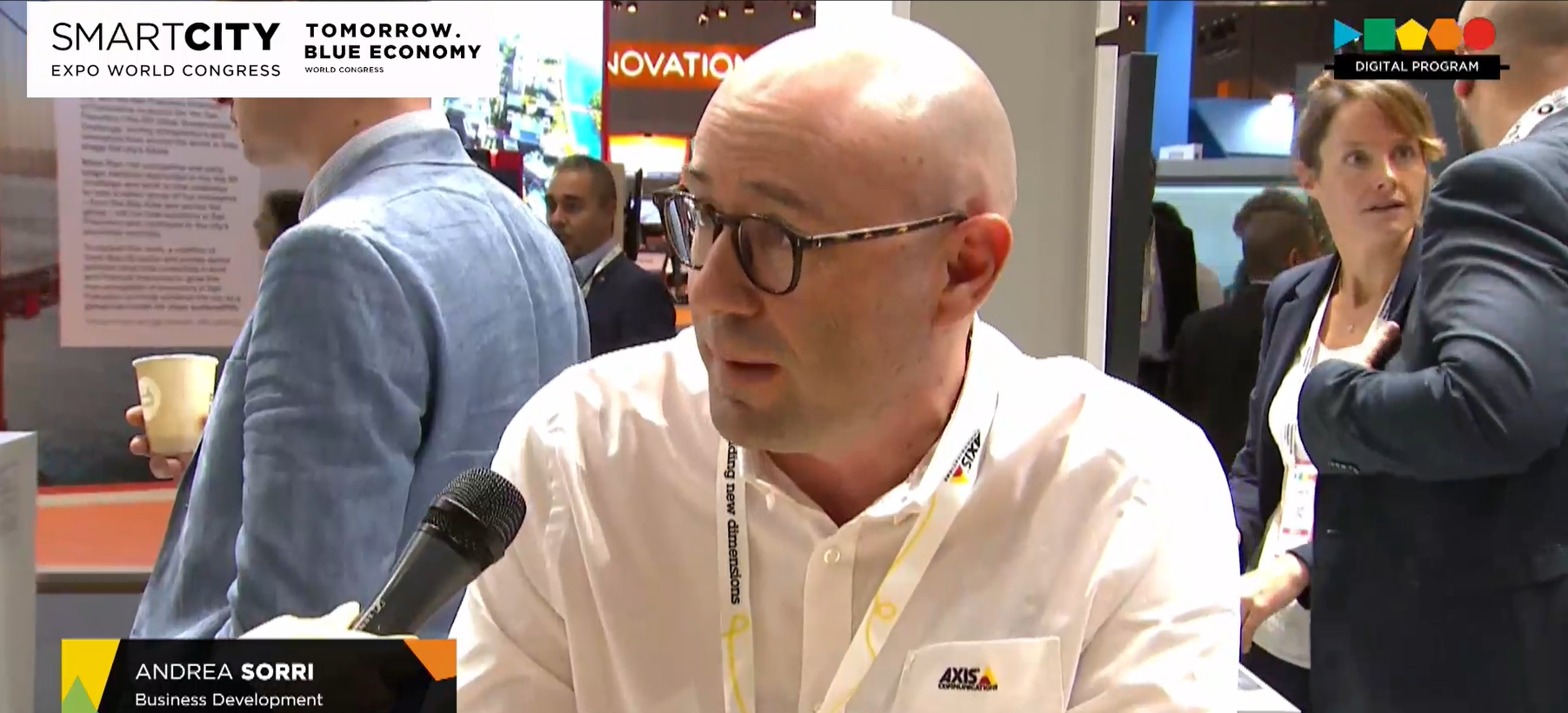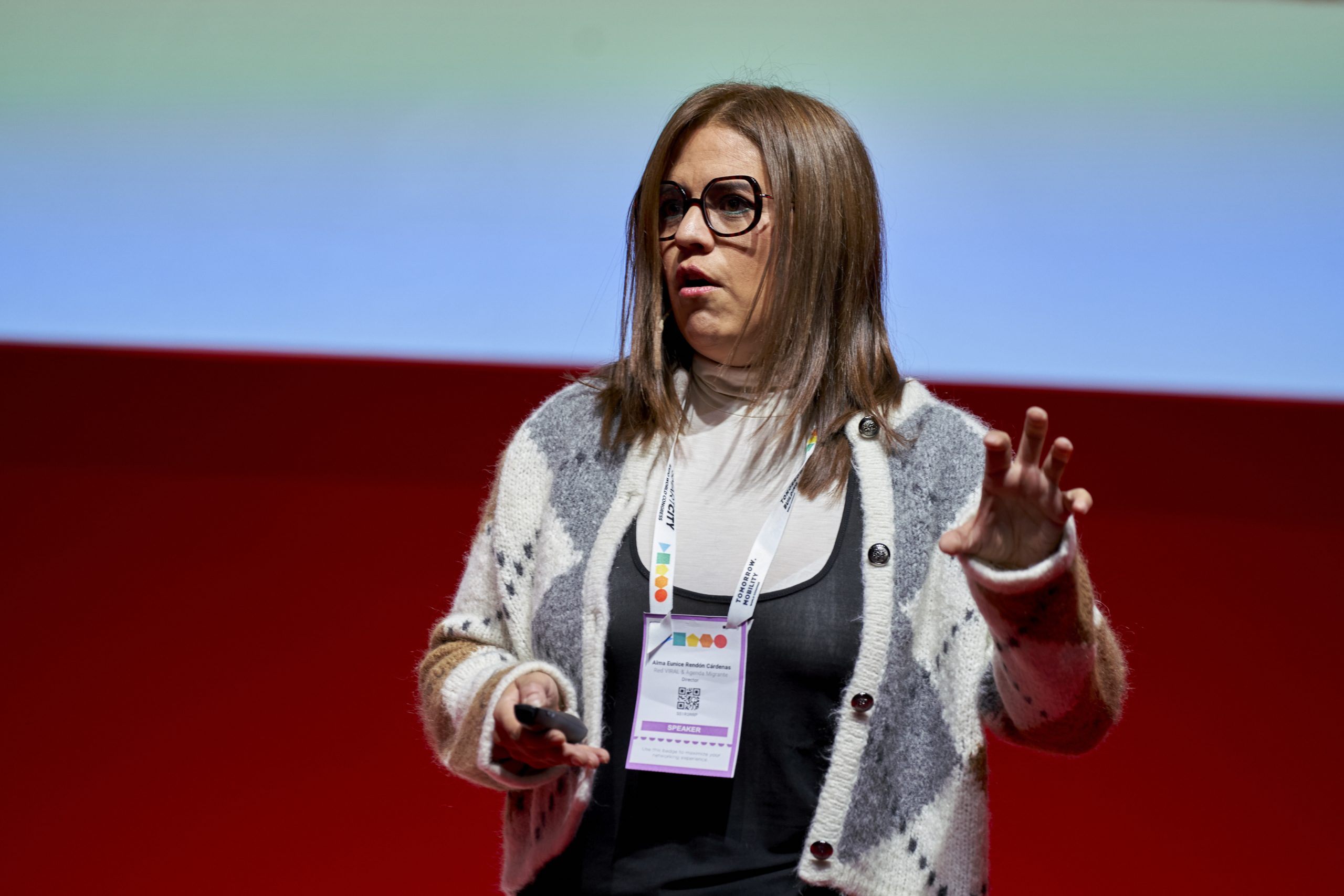Author | Patricia Liceras
Today, it is practically impossible to imagine life without the internet. Work, vehicles, homes and even entire cities are becoming smarter thanks to the interconnectivity that brings them together through the Internet of Things. According to figures from the Hootsuite and We Are Social Digital In 2018 study, there are around 8,485 million devices connected to the internet. There are more devices online that people on Earth and this figure will grow exponentially in the coming years.However, these advances are not beneficial for society. They can also pose a developing threat to cybersecurity, according to Check Point Software Technologies. This international firm specialising in cybersecurity identified the main threats that jeopardize smart cities.
Cybersecurity challenges of smart cities
Controlling traffic lights
Many cities have central control stations that manage the traffic lights and traffic. These control stations allow streets with traffic jams to be cleared or enable routes for special services such as ambulances, by changing all the traffic lights to green, thus clearing any obstacles in the way. But "on the other hand, if cybercriminals were to get hold of this system, they would be able to manage all the city’s traffic lights, changing them all to green, causing countless accidents", according to the company.
Attacks against smart vehicles
The first autonomous vehicles are gradually making an appearance, equipped with numerous sensors that enable speed and brakes to be controlled and to calculate distances from surrounding elements, among other features. As in the previous case, cyber criminals could take control of one or more of these vehicles and cause collisions.
Collapsing the power grid
According to Check Point, although it is not yet a visible threat, since in Europe self-management of electricity is households is not commonplace yet, the possibility of collapsing the power grid would be a medium-term risk. "Hackers could take control of plants’ power management systems and falsify demand data or even cause a power outage in an entire city", the company claims. This is not just an imaginary scenario, since countries like Ukraine have already experienced serious disruptions to their power grid, which has been extremely difficult to alleviate given the poor condition of its infrastructure.
Water supply
Smart cities have systems in place to control the flow of water and to establish whether there are any leaks, etc. Therefore, "one of the main risks would be an interruption to the water supply or increased pressure to damage this circuit" says the company. However, the greatest threat would be "access by cyber criminals to the water processing centre, where they could modify the levels of chemical additives in the water and cause public health problems".
Surveillance cameras
Lastly, this firm considers security cameras to be an "easy target for hackers, since they can use them to spy on people or the movements of objects and therefore access personal data and images".
Apart from the cases outlined above, there are others that are already a reality and which, therefore, cannot be classified as future threats. The clearest example of this is ransomware, viruses designed to kidnap individual or network computer systems and which only disappear after paying a ransom.
Ransomware is a real and existing threat. At the end of 2016, the San Francisco transit service was partially knocked out after the Municipal Transport Agency was attacked by hackers, who locked up computers and data, demanding a ransom of 73,000 dollars. More recently the WannaCry cyberattack affected countless computer systems across the world, affecting both private companies and the British health system, which lost control of the computers in various hospitals.
Although security measures prevented even further damage, these disruptions can be extremely costly.
IT IS TIME TO LOOK AT INFORMATION SYSTEMS SECURITY AS A FUNDAMENTAL PART OF THE ADMINISTRATION
There is no doubt that technology improves and facilitates our lives, but the more developed and advanced it becomes, the more points that will need to be protected. This is why planning smart cities cannot be carried out without collaborating closely with the technical teams in charge of safeguarding security in these cities.
In this regard, according to Eusebio Nieva, technical director at Check Point for Spain and Portugal, "very often focus is placed solely on the investment and on the measures required to carry out that innovation,** forgetting about the security measures** required to be protected from increasingly powerful threats".






















































